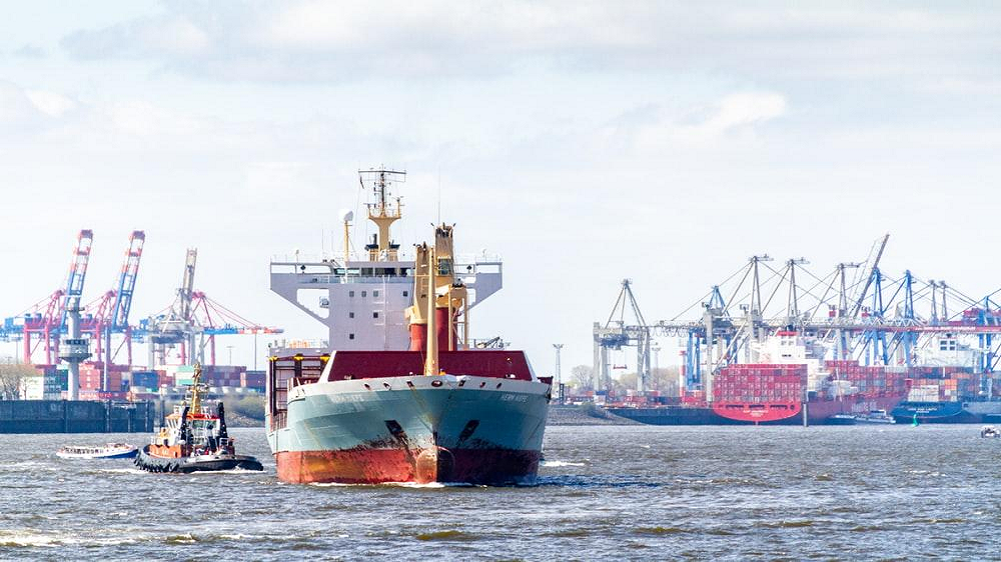

Sustainability is becoming a core value for many organizations due to necessity and political expediency, and the logistics industry is not left out. Sustainability in logistics has become an increasingly important issue, especially for international shipments. To support this trend, logistics service providers have started introducing a wide range of initiatives that include the use of clean fuels, alternative energy sources, and green buildings, among others.
Although, it is unclear whether these initiatives bring about the desired environmental impact as global roadway emissions are significantly higher (70 percent) than they were 15 years ago). One thing is clear. In an era of surging eCommerce and cross-border trade, more effort needs to go into ensuring that logistics activities are sustainable and have minimal environmental impact, and we would explore in this post, actionable methods to achieve compliance and sustainability.
Sustainability in cross-border logistics, in general, is the practice of ensuring that the movement of raw materials and finished goods across the supply chain from the manufacturer to end consumers has minimal environmental consequences like lowered carbon emissions, noise, or other harmful greenhouse gases. It also entails satisfying consumer demands without engaging in acts that sabotage our collective future.
Sustainability in logistics goes beyond environmental benefits; logistics players can similarly drive growth and create value by adopting its practices, making it a shared vision among many players in the industry.
But in real terms, stakeholders need to walk the talk and go beyond envisioning a sustainable future. Dr. Daniel Haag, a strategy director at PWC, perfectly captures this sentiment.
"Many companies are too defensive or reactive when it comes to sustainability. This makes sustainability a ticking time bomb for the transport and logistics industry."
In light of this, serious thought needs to go into practicing sustainability in cross-border logistics, and it involves adopting some, if not all, of the following measures:
● Minimizing Carbon Footprint
● Operational Culture Change
● Technological Approach
● Robust Communications
As regulations regarding sustainability continue to permeate cross-border logistics, compliance by stakeholders is essential. And asides from the blow-back and penalties for non-compliance, logistics stakeholders need to consider ethical issues. In this context, it is important to meander and ensure that sustainability efforts come without a steep price.
Stakeholders can do so by practicing the following:
1. Transitioning to Digital and Using Data in Decision Making
Digital logistics operations improve efficiency in both the long and short term. Logistics stakeholders can further drive their digitization efforts by incorporating AI and big data into their operations. This will facilitate their real-time decision-making and may even help to mitigate their carbon footprint.
2. Switching to Renewable Energy Sources
Stakeholders can move towards sustainability by either switching directly to renewable energy sources for their operations or by developing policies that ensure transition in the long term.
3. Adopting Green Practices
Switching to renewable sources is not the only way for stakeholders to improve their environmental impact. Other practices like recycling, reusing, recovering, reducing, etc., can go a long way to creating a more sustainable environment.
4. Optimizing Logistics Operation
Many logistics players’ operations are riddled with inefficiencies that could affect costs and even harm the environment. By carrying out an operational audit, these stakeholders can develop actionable solutions that are more sustainable in the future.
5. Strategic Warehousing
As the requirements for customer satisfaction grow, needs like same-day delivery become increasingly important. Logistics companies can strategically position their warehouses to meet consumer delivery needs rather than engaging in environmentally polluting transport operations.
Although many logistics stakeholders have set sustainability goals in terms of products and their solutions, achieving these goals is a challenge for various reasons.
YunExpress acknowledges that only through collective effort can the entire logistics industry begin to see a decline in its environmental impact. As a result, YunExpress has pledged to play a part in the struggle by providing the tangibles (infrastructure, vehicles, etc.) and intangibles (technology, informational reorientation) to guarantee sustainability in all logistics operations.
With over 50 global partners, YunExpress offers seamless product delivery worldwide. YunExpress has been a top name in cross-border logistics for 5+ years and has delivered cargo to over 10,000 clients as the company continues to strive toward environmental sustainability.
Visit YunExpress for more information about services and our operational mandate.
We place cookies in order to make sure our website works properly and to improve your browsing experience, to streamline and personalize our marketing content and to show you personalized advertisements (including on third party websites). We sometimes share cookie data with our partners for these purposes. Our cookies remember your settings and the data you fill out on forms on our website and analyse traffic to our website. Our cookies also register how you found us and collect information about your browsing habits. You can read more about our use of in our Cookie Notice.